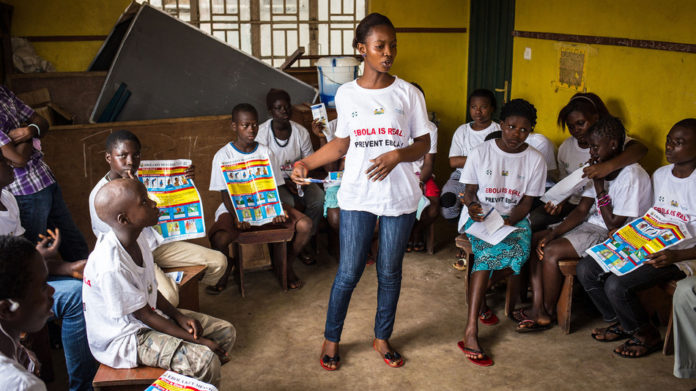Rare Good News: Nigeria and Senegal Free of Ebola Virus

The World Health Organization declared Nigeria officially free of Ebola on Monday, after six weeks with no new reported cases of the virus, calling it a “spectacular success story.”
How #Nigeria handled the outbreak is a spectacular success story that shows that #Ebola can be contained http://t.co/LyfE3s9b2C
— WHO (@WHO) October 20, 2014
There had been a reported 20 cases of Ebola in the country, including eight deaths.
WHO officials said Nigeria had traced nearly every contact of Ebola patients in the country, all of whom were linked to the country’s first patient, a Liberian man who arrived with symptoms in Lagos and later died.
On Friday, WHO officials declared that the outbreak of the Ebola virus in Senegal was over.
In a statement, the WHO said that Senegal’s response was “a good example of what to do when faced with an imported case of Ebola.”
“The government’s response plan included identifying and monitoring 74 close contacts of the patient, prompt testing of all suspected cases, stepped-up surveillance at the country’s many entry points and nationwide public awareness campaigns,” the health organization said in a statement.

MONROVIA, LIBERIA – OCTOBER 19: Health workers sterilize their surgical gloves at the Ebola Treatment Centre on October 19, 2014, in Monrovia, Liberia.
Image: Mohammed Elshamy/Anadolu Agency/Getty Images
Meanwhile, the person with the first confirmed case of Ebola in Europe appeared to be on the mend.
Teresa Romero, the Spanish nurse that contracted Ebola, has tested negative for the virus, authorities said Sunday. Further tests will be necessary to determine whether Romero is indeed cured, but the news is another positive sign after she responded well to treatment.
For an outbreak to be declared officially over, WHO convenes a committee on surveillance, epidemiology and lab testing to determine that all conditions have been met.
The disease has killed more than 4,500 people in West Africa, mainly in Liberia, Sierra Leone and Guinea.
The Associated Presscontributed reporting.
Have something to add to this story? Share it in the comments.
